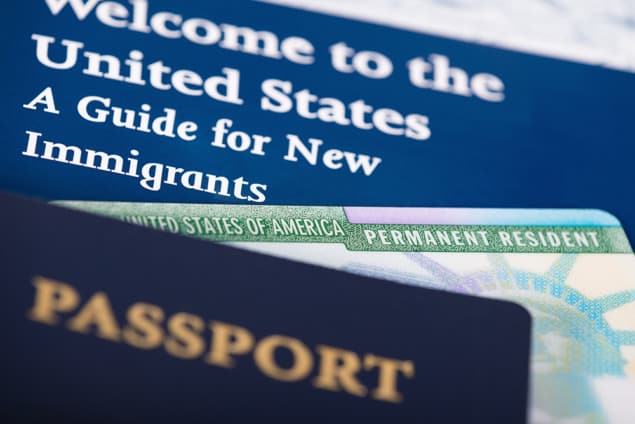
Physicists are voicing concerns over academic freedom and the value of international collaboration after the Trump administration revealed that it is considering restricting Chinese scientists’ ability to carry out research in US universities and institutes. The move – which could directly affect 300 000 researchers – is apparently motivated by fears that Chinese researchers may be involved in espionage activities and secretly transferring sensitive discoveries to the Chinese government.
The administration’s attitude towards Chinese scientists is hardly new. In Senate testimony earlier this year, FBI director Christopher Wray asserted that Chinese “professors, scientists, students [in] basically every discipline” who are working in the US may be covertly gathering intelligence for the Chinese government. Speaking to a House of Representatives panel last month, former national counterintelligence executive Michelle Van Cleave stated that US R&D is “systematically targeted by foreign collectors to fuel their business and industry and military programmes at our expense.” China, she added, “easily tops the threat list.”
“Ill-conceived and damaging”
While the Trump administration has yet to decide to press on with the restrictions, critics of the move foresee long-term consequences for US universities to attract top-rated scientists and students from around the world. “We are concerned that the US administration is considering further restrictions on visas that could limit the travel of Chinese students and scholars from China to the United States,” noted Rush Holt the former physicist and congressman who heads the American Association for the Advancement of Science in a statement. “Where specific and confirmed espionage is occurring, action must be taken, but obstructing scientific exchange based on non-specific concerns that could be applied to broad swaths of people is ill-conceived and damaging to American interests.”
If Chinese students are to be restricted from participating in open research, it will hurt scientific and technological advances in the US
Xioaxing Xi
The Chinese-American community has also voiced its strong feelings about the issue. Charlie Woo, a former physicist and policy committee chair of the Committee of 100, an organization of leading Chinese Americans in business, government, academia, and the arts, acknowledges that “there are bad apples” among Chinese scientists and students who visit the US. “But if you single out only scientists from China, that’s a slippery slope,” he says. “I think this kind of policy can lead to racial profiling that in the long run will not be good for the country.” Chinese-American physicist cleared of spying allegations
Xioaxing Xi, a Chinese-American physicist at Temple University, says that the freedom to publish and disseminate research is paramount to US universities. In 2015, Xi was indicted for sharing sensitive information with a Chinese colleague about a commercial product called a “pocket heater” that was made by US-based Superconductor Technologies Inc. However, the case was dropped later that year when prosecutors realized that they had misinterpreted the blueprints that they used as evidence. Xi has now filed a lawsuit against government agents alleging malicious prosecution and invasion of privacy. “If Chinese students are to be restricted from participating in open research, it will hurt scientific and technological advances in the US,” he told Physics World.
Meanwhile, another case of purported spying for China ended last week when Judge Michelle Schroeder ordered the National Weather Service (NWS) to reinstate Chinese-American hydrologist Sherry Chen. FBI agents had arrested Chen in 2014, accusing her of using a stolen password to obtain information about US dams and of lying about a meeting with a Chinese official. Although the case collapsed before it reached trial stage, the Weather Service sacked Chen for “conduct demonstrating unworthiness” and “misrepresentation”. Ruling against the dismissal, Schroeder saw “no reason why [Chen] cannot continue to be a productive employee and continue to contribute to NWS’s mission.”




